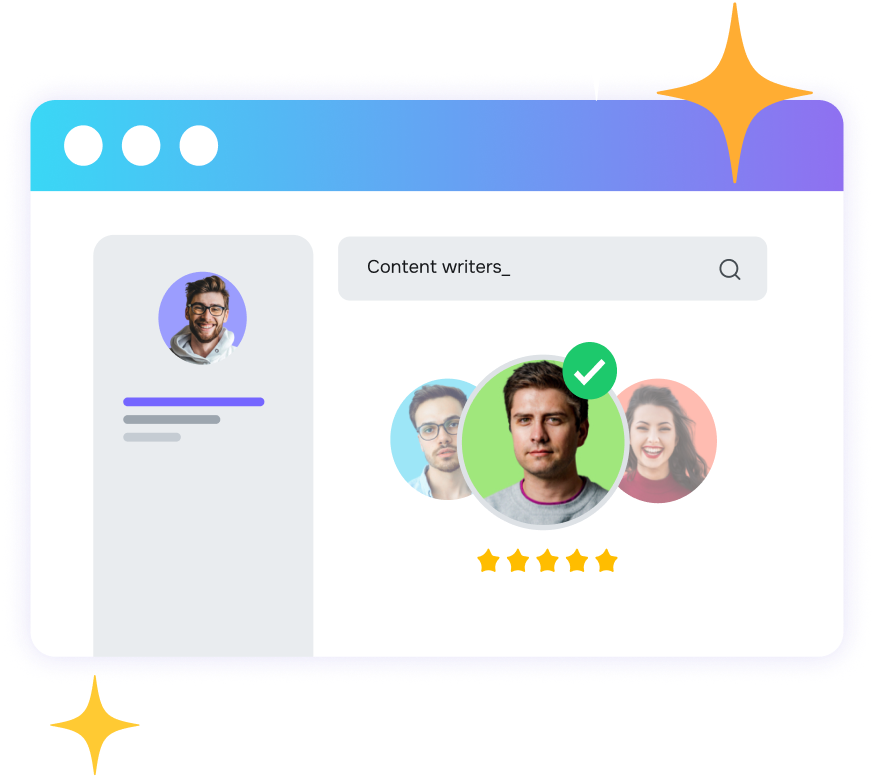


The rise of AI in marketing inspires both hope and fear—promising efficiency, but raising concerns about the future of creativity. In a recent Global Marketing Leaders 2025 podcast, George Yaryura, SVP Marketing at Mashreq, argues that AI pushes marketers to evolve, turning storytelling into a core advantage rather than an obsolete skill.
“Start with the customer. Use AI as an enabler, not a replacement. Technology works best when it’s invisible and solves a problem while delivering value,” George said. His insights reinforce an important truth: while algorithms can process mountains of data, only humans can craft narratives that truly resonate with people.
Using AI to Amplify Insight, Not Replace Strategy
AI can process vast datasets, identify patterns, and predict customer actions. Yet without human insight, data lacks meaning. George notes that insight without strategy is just numbers—the essential human role is translating AI's findings into engaging decisions.
For instance, data can tell you that customer engagement dropped by 20% in the last quarter, but it cannot explain why that matters for your brand’s long-term positioning or how it impacts the customer journey. That interpretive leap—the ability to see beyond numbers and ask the right questions—remains a distinctly human strength.
In B2B marketing, AI reveals actionable data, but understanding decision-making dynamics such as trust, reputation, and relationships still rely on human storytelling. As George explains: AI suggests actions, but people create the narrative that earns attention and loyalty.
Balancing Automation with Creativity
One of the biggest challenges marketing teams face today is finding equilibrium between automation and originality. The temptation is to allow AI to take over all repetitive tasks—reporting, bidding optimization, and even content drafting—while humans focus on higher-level strategy. While this is a productive approach, George cautions against outsourcing too much creative ownership.
Technology can generate drafts or optimize campaigns, but creativity—the spark that produces a captivating story, a culturally relevant idea, or a visually striking design—cannot be fully automated. AI accelerates execution, but it does not replace the intuition, empathy, and lateral thinking needed to connect with human audiences.
A marketer who simply “lets the machine run” risks blending into the noise. By contrast, teams that harness AI for efficiency while guarding the creative core of their campaigns will produce work that feels both precise and deeply human. The key is not to treat AI as the author, but as the amplifier.
Global-Local Marketing in an AI Era
The complexity deepens when brands operate across international markets. George highlights this with his principle of “global localization: think globally, act locally.” Data models may reveal what works in one region but fall flat in another due to cultural nuances, regulatory environments, or consumer expectations.
For example, an AI-driven campaign that resonates with audiences in the Middle East might not translate seamlessly in Europe or Asia. While algorithms can suggest strategies at scale, marketers must interpret those insights through the lens of local relevance—adapting language, tone, and storytelling without losing alignment with the global brand.
This requires a delicate balance: leveraging AI for efficiency and scalability while relying on human judgment to navigate cultural nuance. The most successful brands will be those that use AI as a backbone but enrich it with empathy and creativity, crafting campaigns that resonate universally while feeling personal to each audience.
Embracing AI Without Losing the Human Touch
Even as AI transforms the marketing landscape, the human element remains irreplaceable. Algorithms can identify opportunities, automate workflows, and predict consumer behaviors—but they cannot replicate empathy, cultural sensitivity, or the ability to tell a story that makes people feel something.
The marketer’s role, therefore, is not shrinking; it’s evolving. Tomorrow’s marketing leaders will need to be comfortable working hand in hand with AI tools while elevating the skills that make them uniquely human: judgment, empathy, creativity, and storytelling. Just as important will be the ability to understand vast amounts of data and extract actionable insights. It will require a more rounded marketer, one who can juggle data fluency, creative thinking, and deep knowledge of customers and markets. These are the capabilities that build trust, the ultimate currency in brand relationships
George’s advice brings this point home: “Start with the customer. Use AI as an enabler, not a replacement. Technology works best when it’s invisible and solves a problem while delivering value.”
In this AI-driven era, marketers who master technology without losing sight of storytelling will stand apart. The future is not about replacing humans—it is about making them more capable, precise, and insightful. AI may accelerate execution, but meaningful brand building will always rely on human imagination and empathy. In fact, as machines get faster, the demand for great storytellers will only grow stronger.
Resources for growing your product














































